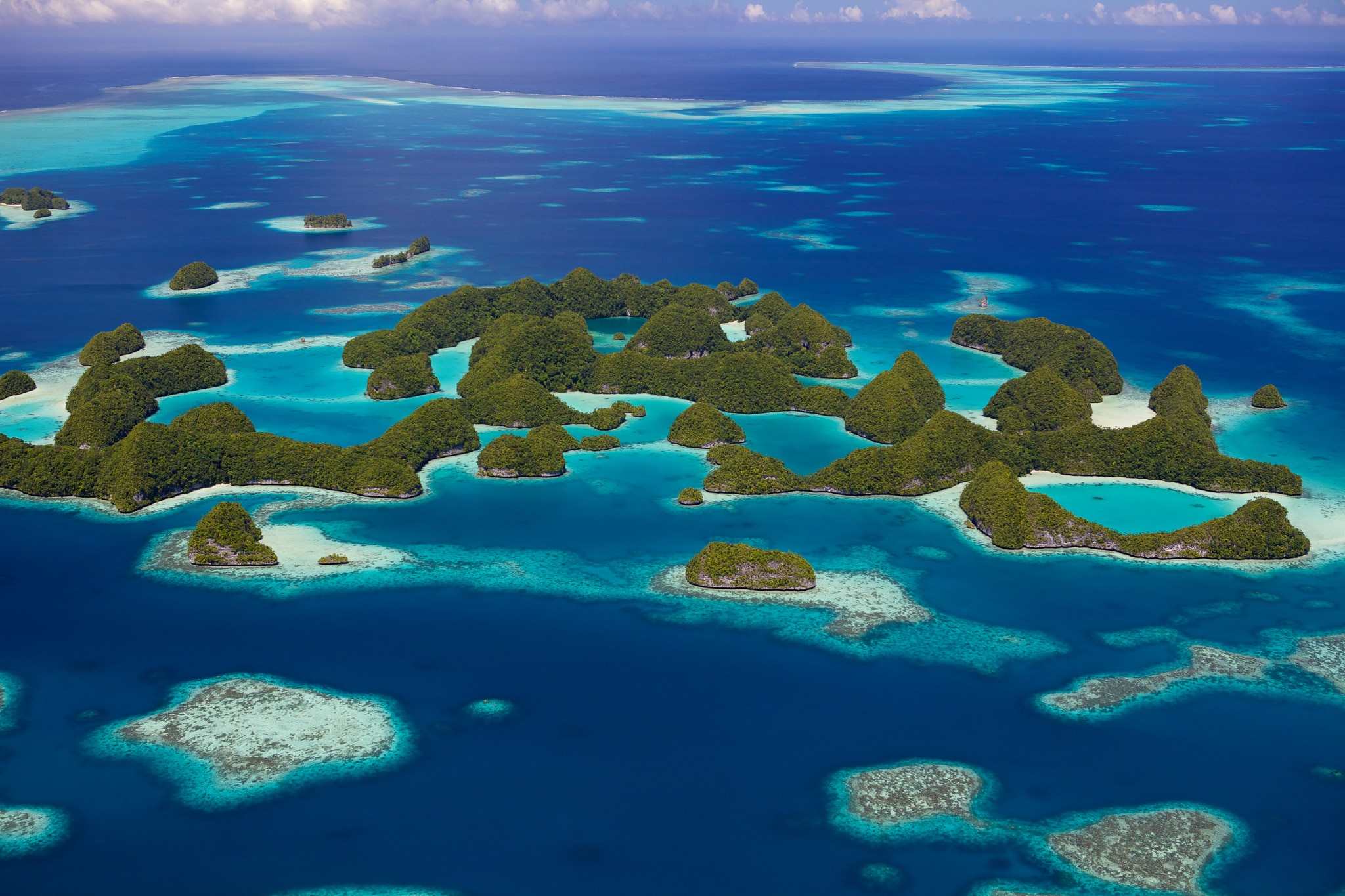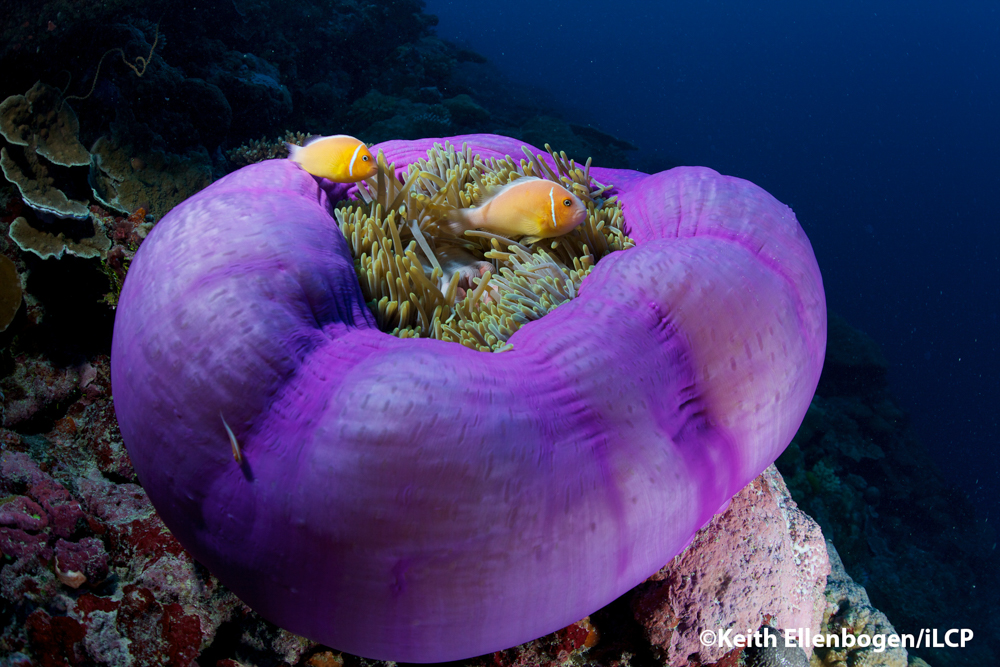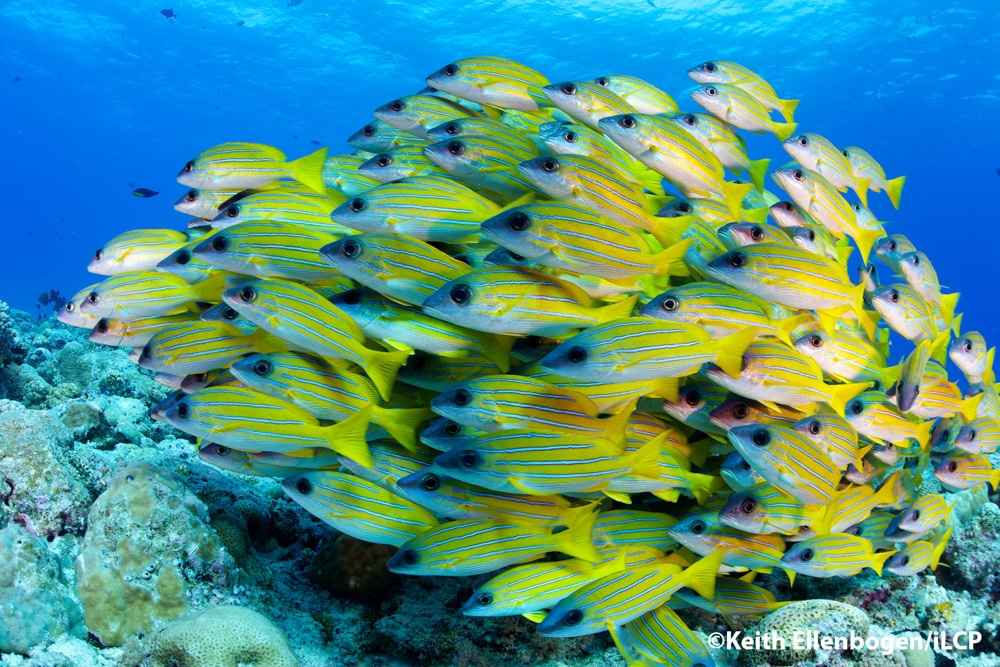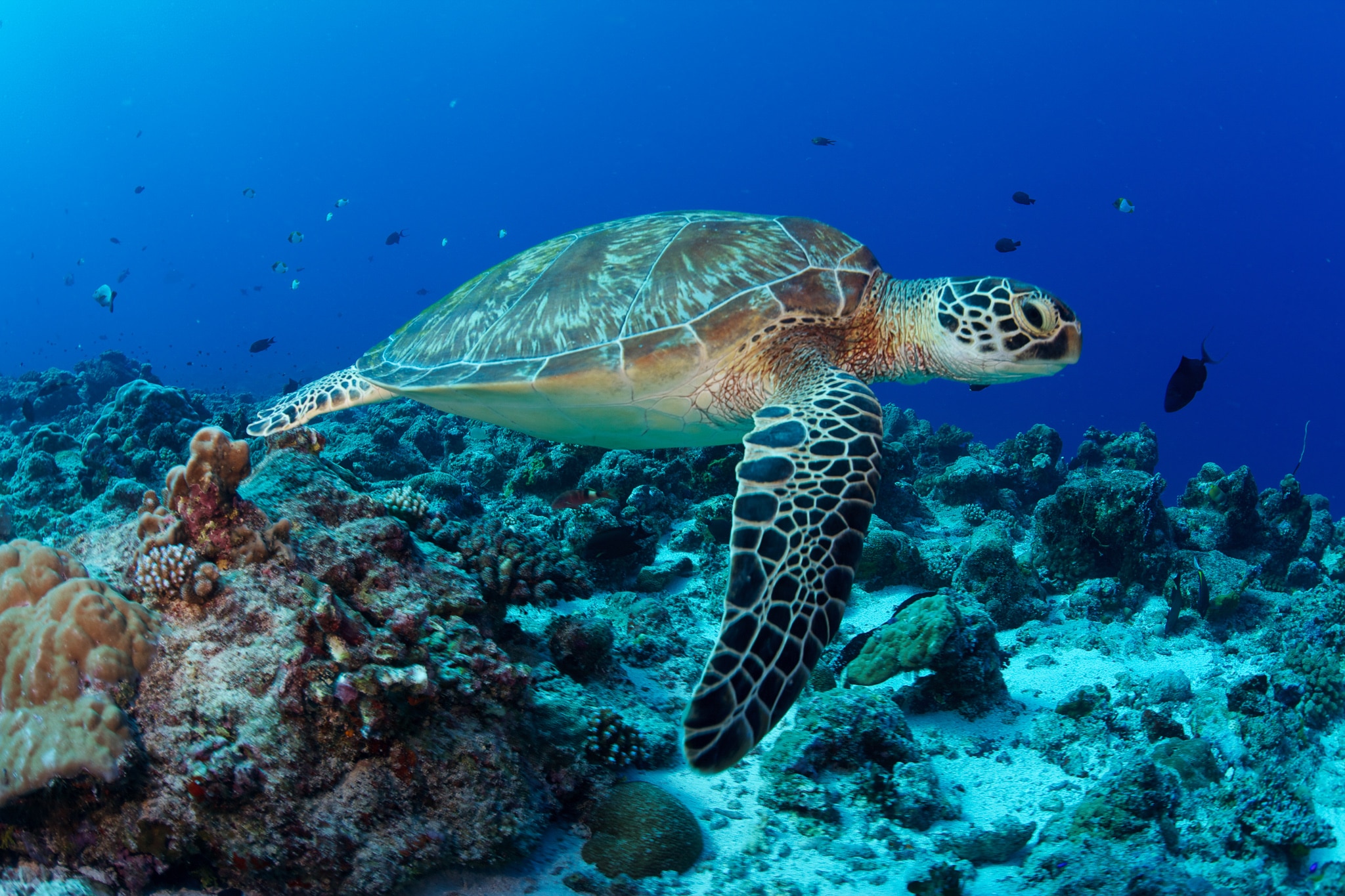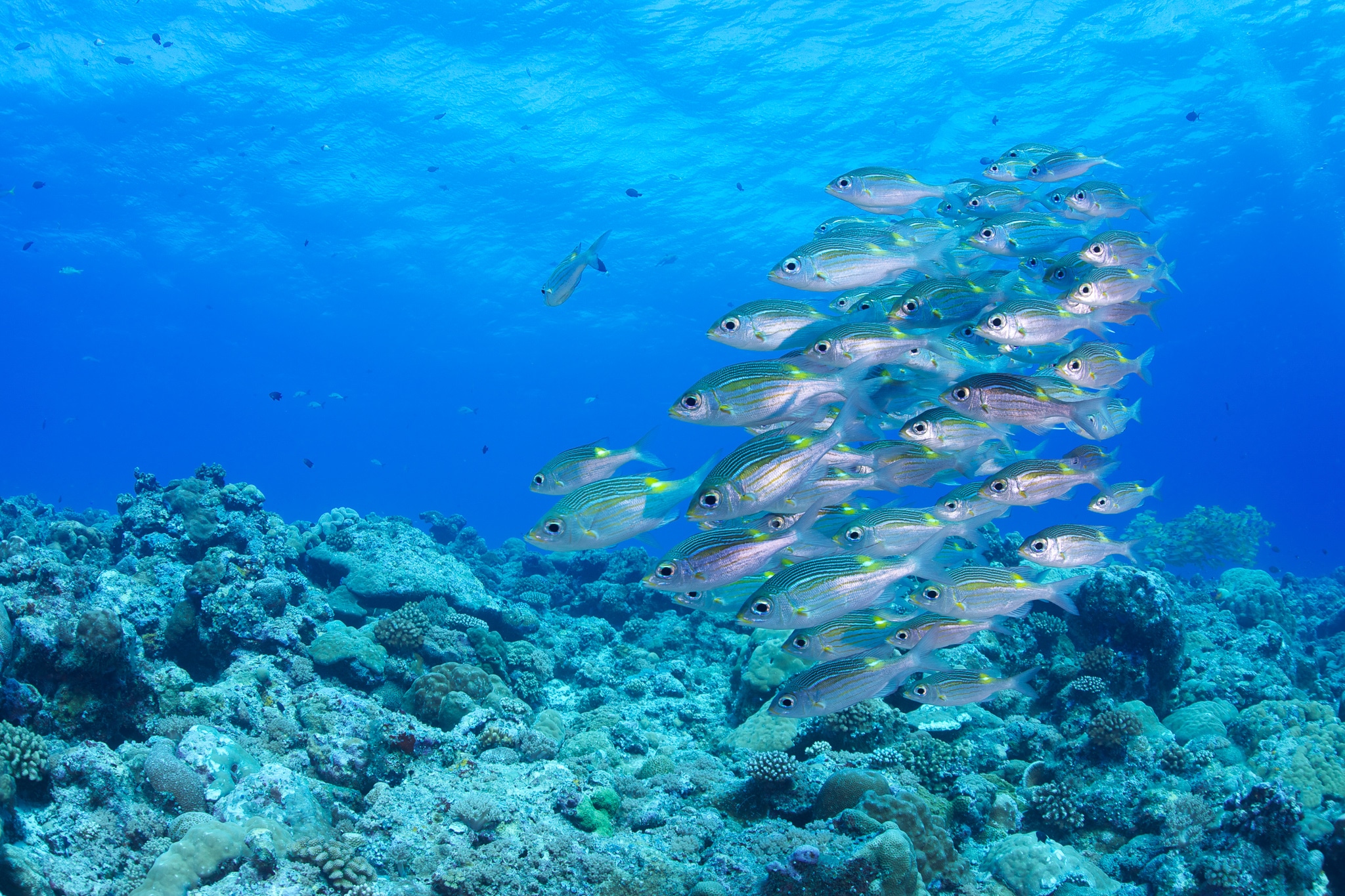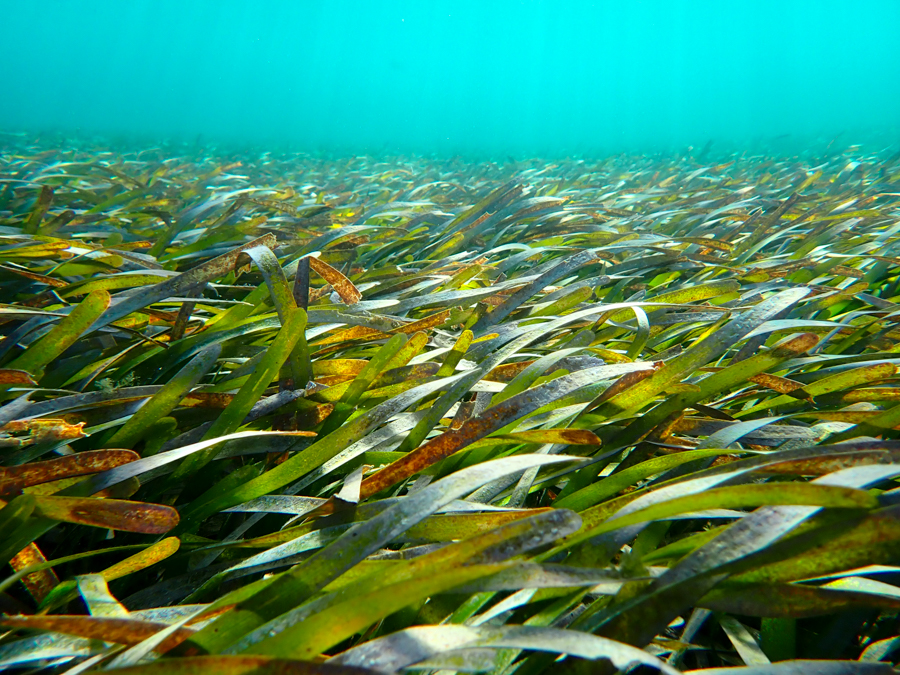Managing marine resources is a challenge for communities around the globe. On the Global Reef Expedition, we had the opportunity to visit protected and unprotected reefs in both remote locations and those regularly used by humans. The degree of protection varied, but we found that areas with the highest protection had the healthiest reefs.
Marine protected areas (MPAs) are a tool commonly used by governments and communities to manage their marine resources. An MPA can have varying degrees of regulations, including no-take and no-entry where no fishing is allowed and entrance into the park is not permitted, to varying permitted use that regulate the fishing and use practices. Some of the countries we visited, such as Australia (Northern Great Barrier Reef), Palau, and New Caledonia have large human populations utilizing the reefs and have prioritized establishing large protected and managed areas to conserve their nearshore reef systems.
One of the largest and most well-known MPAs is the Great Barrier Reef Marine Park in Australia. This park was established in 1975 and has been managed by the marine park authority in conjunction with Australian Traditional Owners, government agencies, industry, community organizations, and individuals. The park has designated zones with differing recreational, commercial, and research use, and for the continuation of traditional activities. On the GRE, we teamed up with researchers from the University of Queensland to assess the success of the zoning plan in the northern part of the park and found that the fish populations, particularly for the fish targeted by commercial fishers, and overall benefited from the MPA. There was a higher biomass of these targeted fish due to having some zones be no-take refuges.
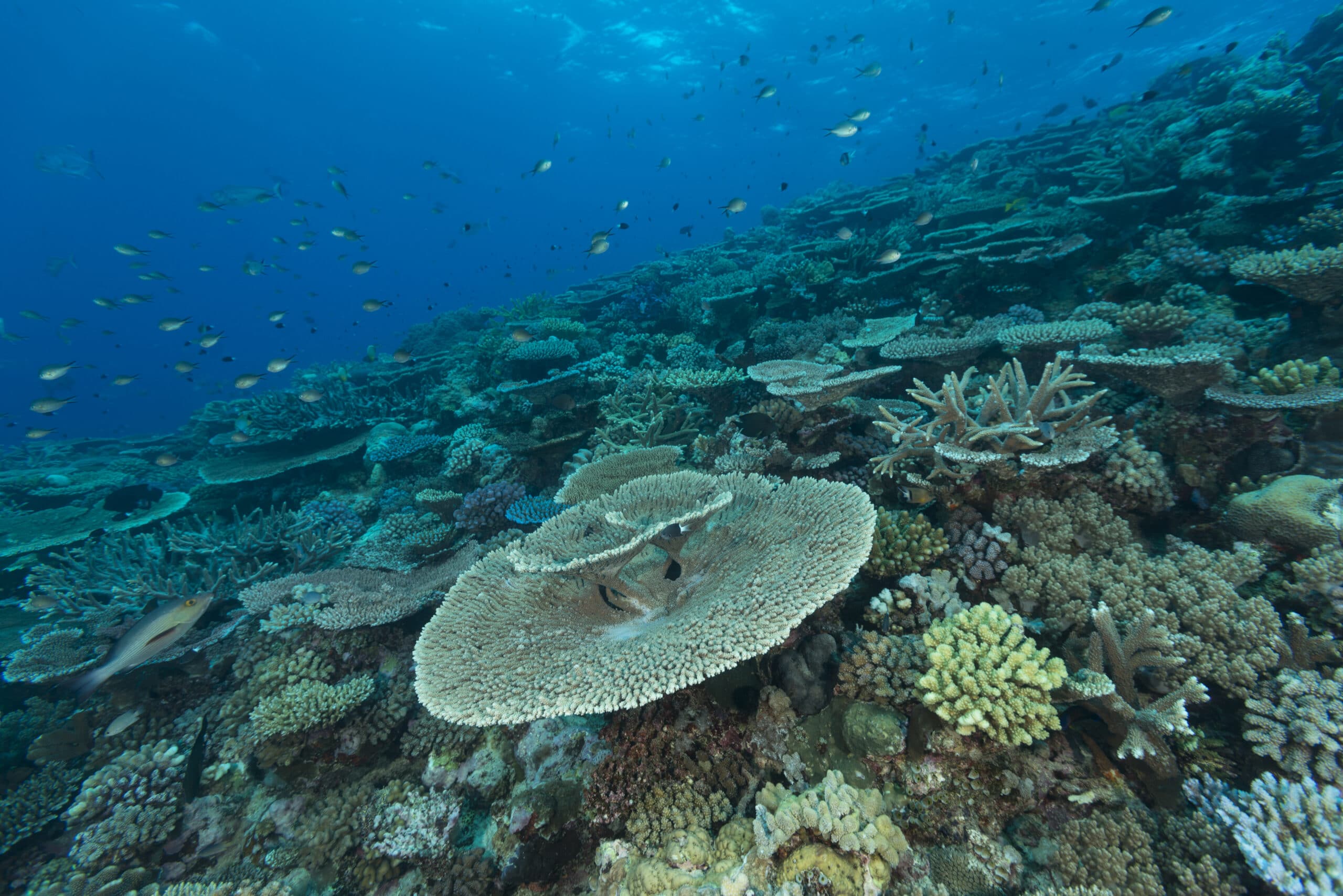
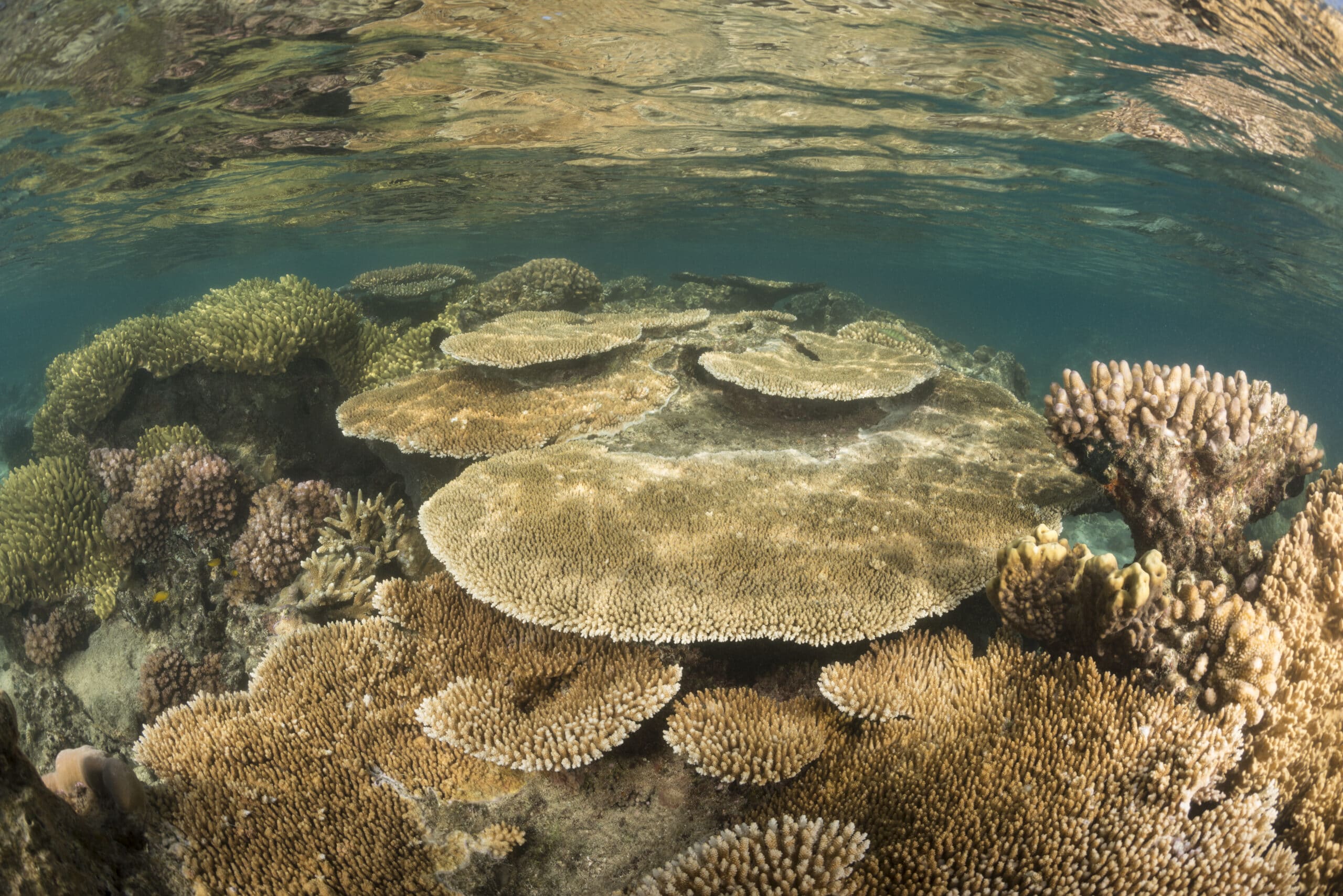
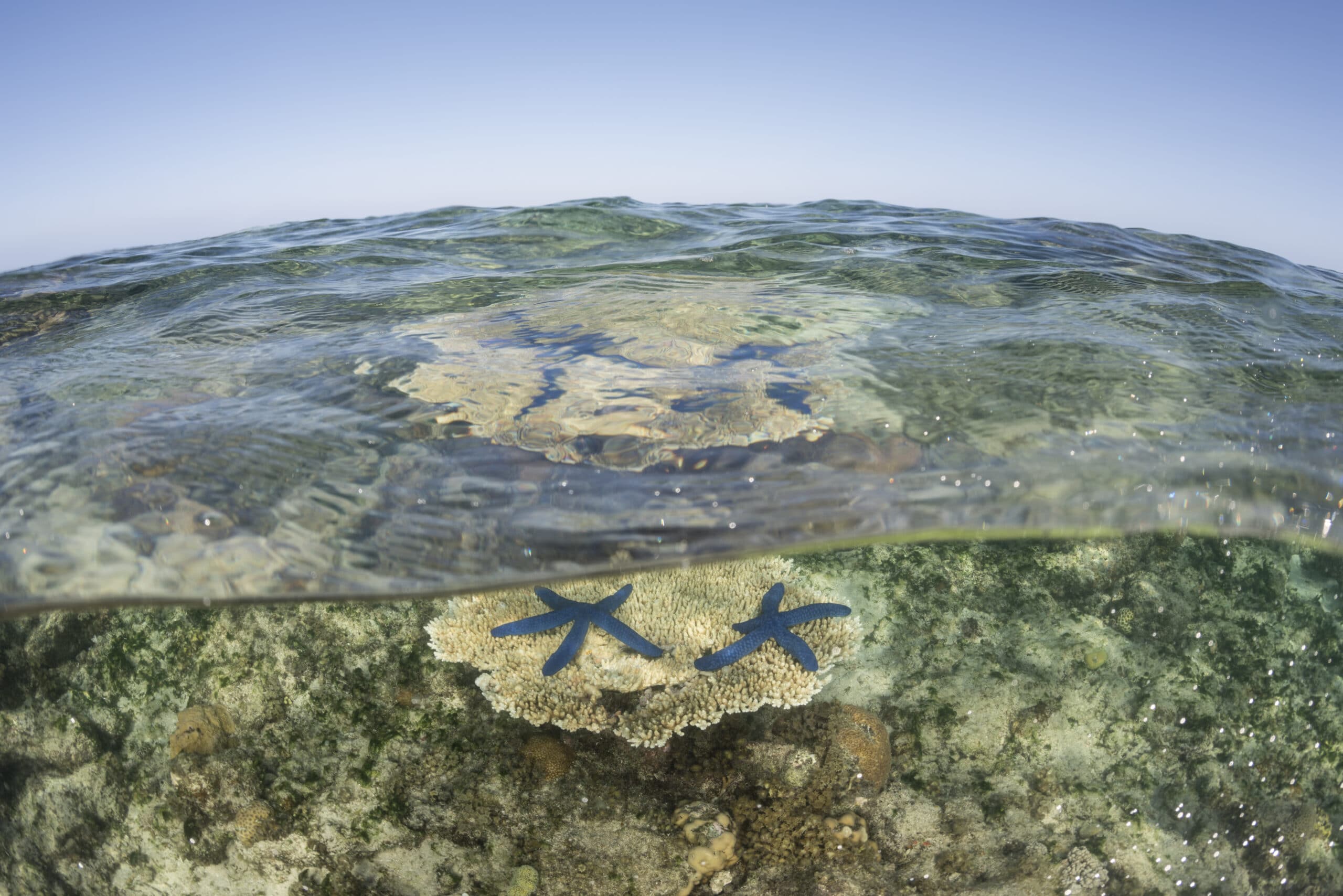
A 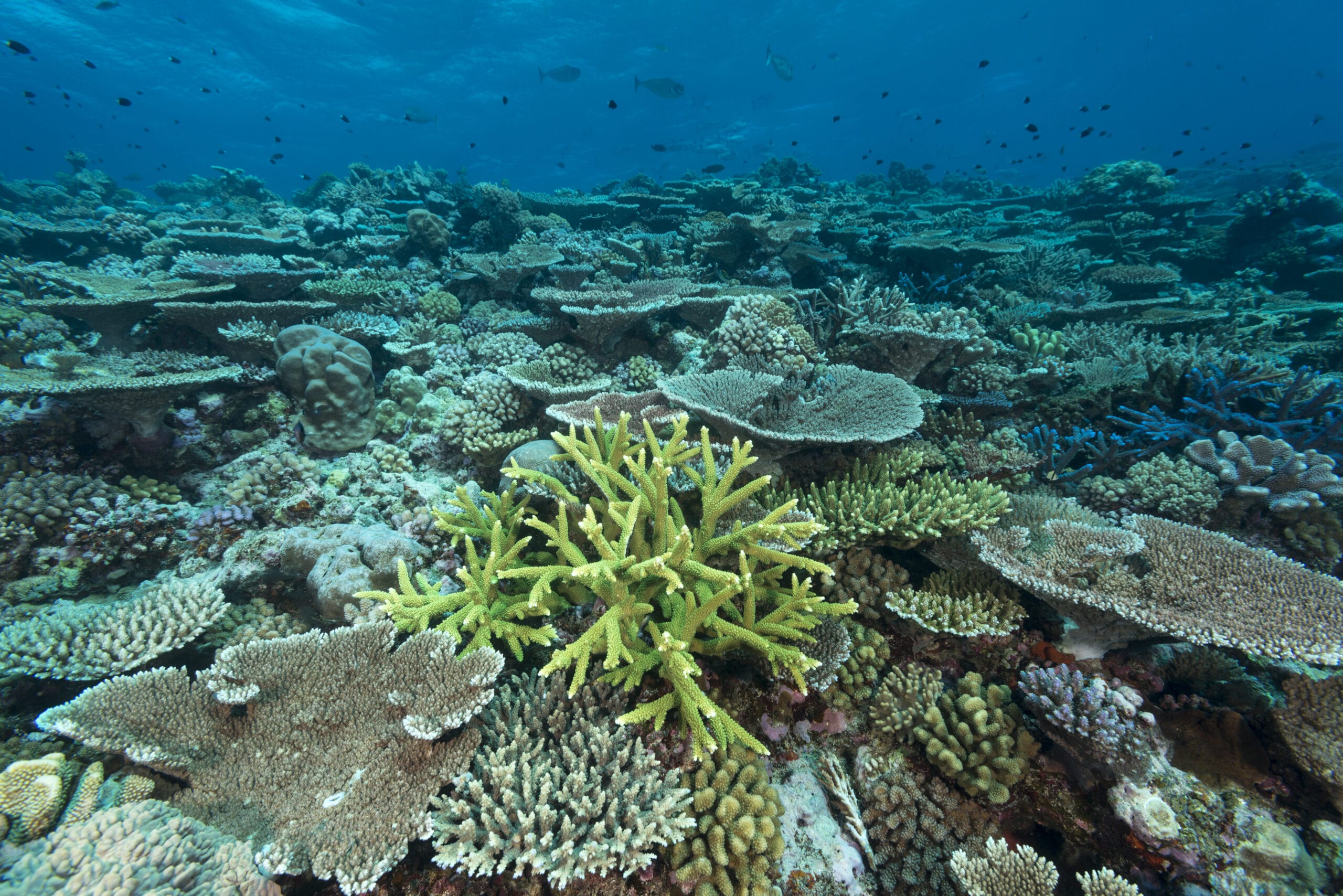
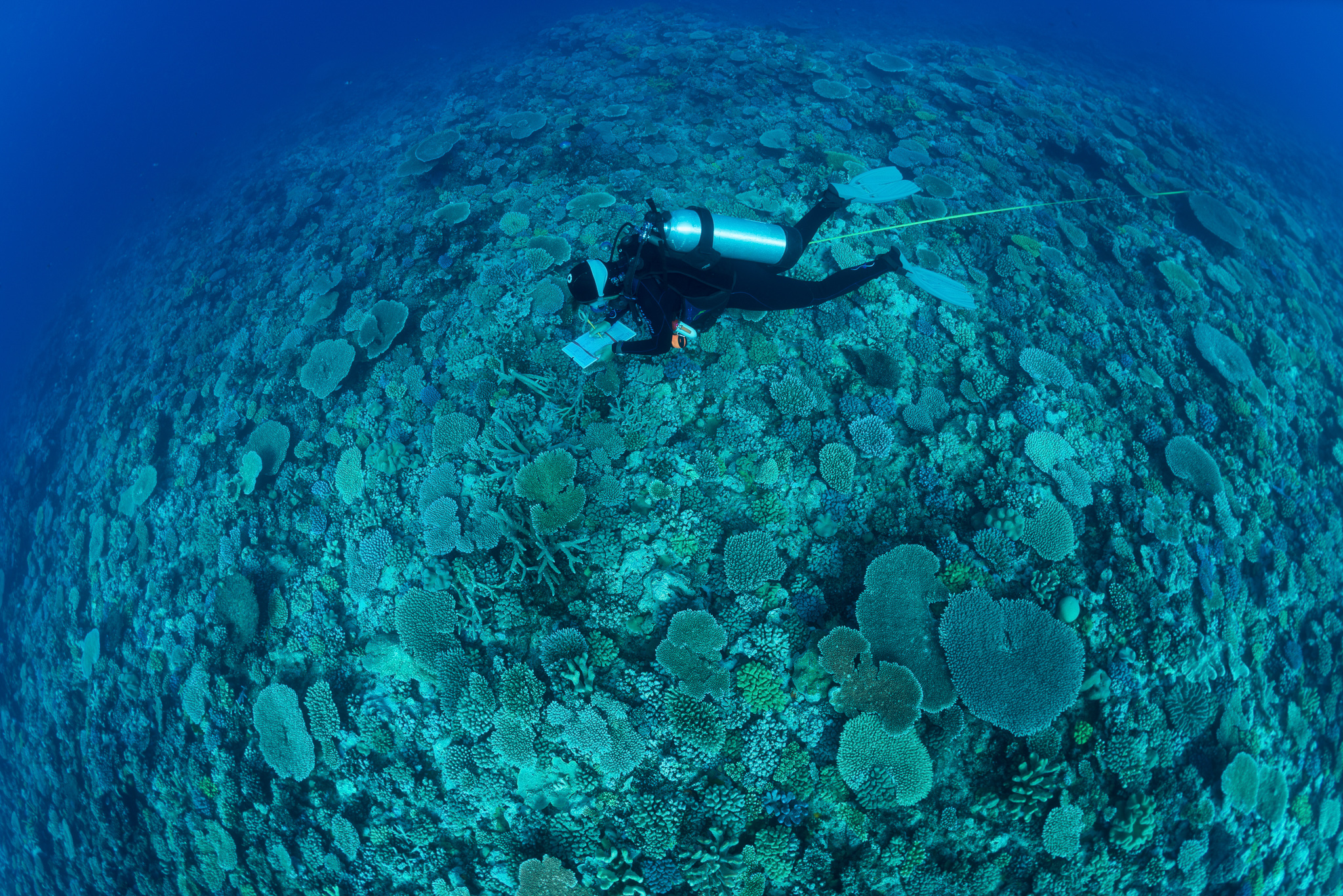
The Chagos Archipelago, located in the Indian Ocean, is one of the oldest MPAs in the world. This Archipelago has some of the strictest regulations as the entire area is a no-take and no-entry MPA. At the time of our surveys, this area had high fish density, biomass, and coral cover, and after previous large-scale disturbance events, had nearly full recovery within 10 years. However, MPAs will not protect coral reefs from the changing climate. While in Chagos, we observed devastating coral bleaching that will take years to recover. Protections from external pressures through the designated status as an MPA will help these reefs recover.
The Great Barrier Reef Marine Park and the Chagos Archipelago should both serve as examples of successful MPAs that have contributed greatly to the conservation of coral reefs. MPAs, when enforced and managed well, can help coral reefs persist as fishing pressure and climate change continue to have a negative impact on their ecosystem health.
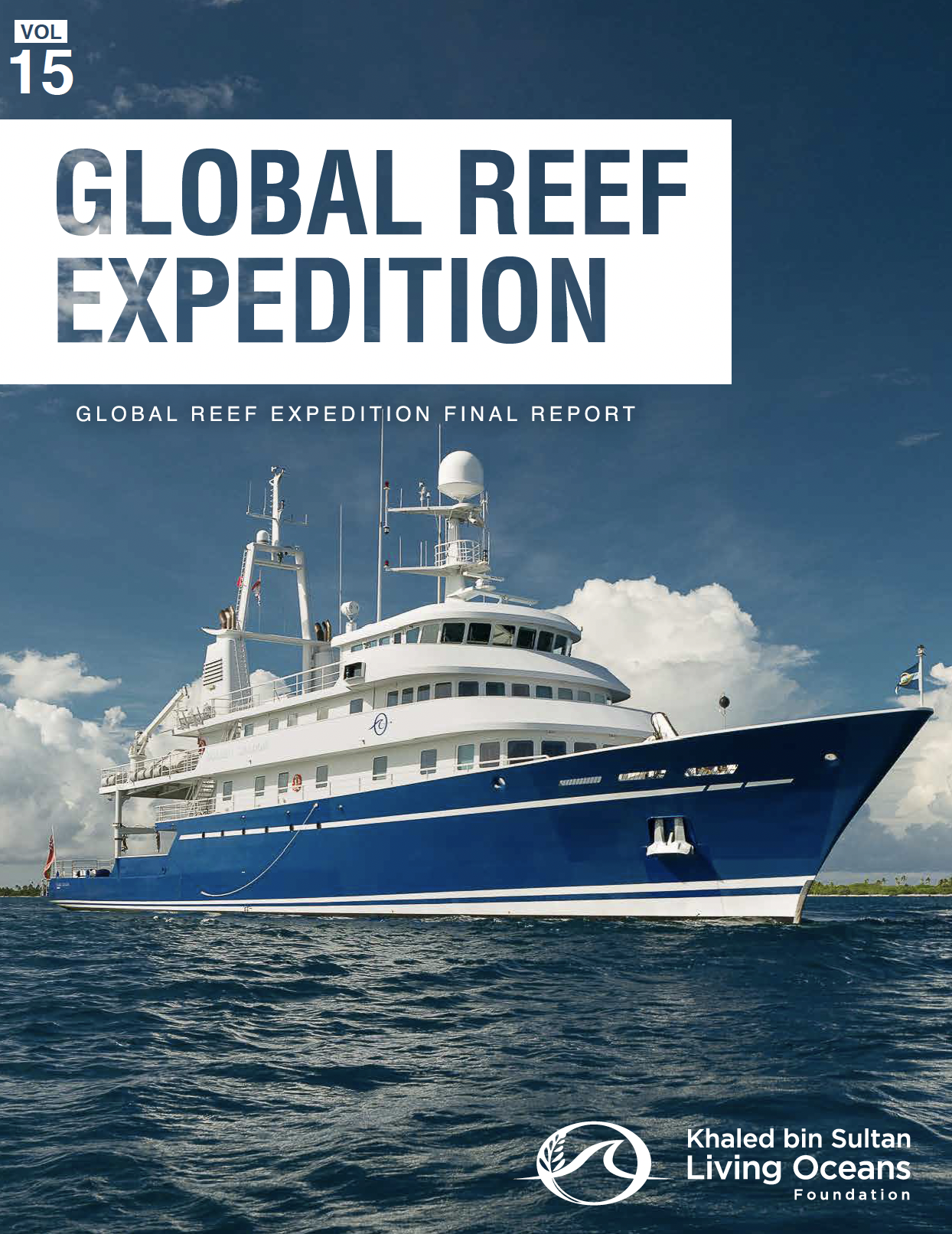
Global Reef Expedition Final Report
One of our findings from the Global Reef Expedition was that marine protected areas work. Learn more about out this and our other findings in the Global Reef Expedition Final Report.
Over the course of ten years, the Khaled bin Sultan Living Oceans Foundation circumnavigated the globe studying the health and resiliency of coral reefs. This report summarizes our findings from that research mission, provides valuable baseline data on the status of the world’s reefs at a critical point in time, and offers key insights into how to save coral reefs in a rapidly changing world.

